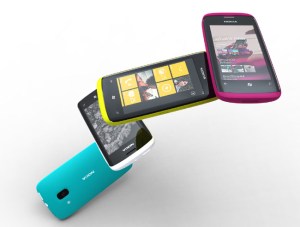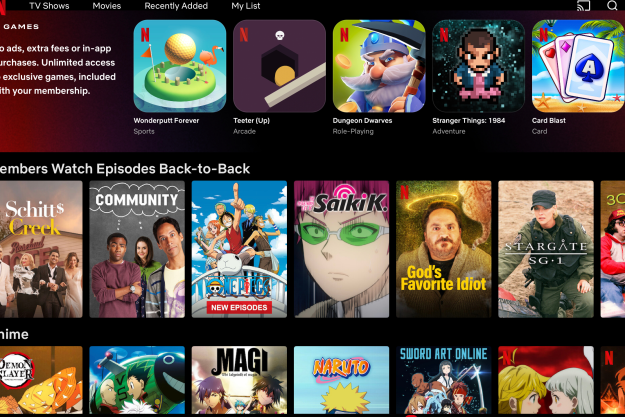
Surprising almost nobody, Finland’s Nokia has lowered its financial forecast for its Devices & Services business, claiming multiple factors are causing the unit to earn less money for the company than it previous expected. Nokia isn’t setting any new targets for the group, but now says does not expect the unit’s net sales to fall between €6.1 to 6.6 billion (about US$8.8 to 9.5 billion) and the unit’s profit margin will be lower than the expected range of 6 to 9 percent. In other words, Nokia expected to earn somewhere between $530 and $850 million off its Devices and Services business this quarter, and now expects those figures to be “substantially lower”—right around a breakeven point.
Nokia attributes the lowered forecast to three primary factors, including aggressive pricing from competitors, lower average prices and margins across its own product line, and “competitive dynamics and market trends,” particularly in China and Europe. However, the bottom line is that Nokia isn’t selling as many phones as it would like.
Nokia says it is taking “immediate action” to address the shortfall, including cutting operating costs in its Devices & Services group, investing in “new innovative capabilities ” for Symbian and ramping up point-of-sale marketing. Nokia also notes that its started shipping dual-SIM devices last week (which are popular in many emerging markets). Nokia also indicated it has “increased confidence” it will ship its first Windows Phone devices in the fourth quarter of 2011.
Although Nokia has recently promised that its Symbian operating system will continue to receive updates through “at least” 2016, the company is distinctly having difficulty maintaining developers’ and partners’ interest in the now-moribund platform—and consumers are primarily interested in smartphones, where Nokia is struggling to compete with the likes of Apple’s iOS and Google’s Android. Since Nokia pegged its smartphone future on a high-stakes partnership with Microsoft, the company has transferred Symbian to closed licensing, transferred maintenance to Accenture, and announced plans to cut some 7,000 positions.
Editors' Recommendations
- How to get new emojis on your iPhone or Android device
- Have a lot of Apple devices? I found the perfect charger for you
- Have an Android phone? You can get unlimited 5G service for free
- Vital security update for Apple devices takes only a few minutes to install
- Nokia’s newest Android phone has an unbelievably cool feature


